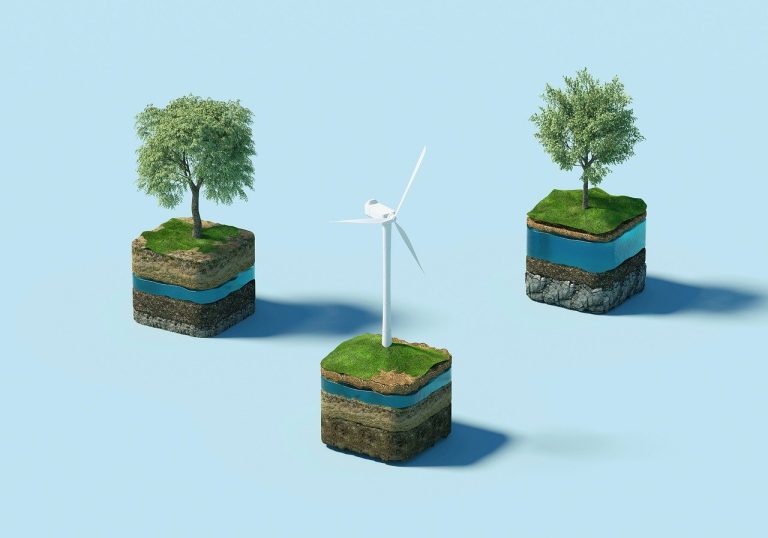How to Unlock Economic Opportunities with Green Economy in Africa

The concept of a green economy, characterized by a sustainable, low-carbon, and resource-efficient economic model, holds significant promise for Africa, a continent endowed with abundant natural resources and a young, dynamic population.
As global attention shifts towards sustainable development in the face of climate change and environmental degradation, Africa stands at a pivotal juncture, poised to leverage its green assets to foster economic growth, job creation, and environmental sustainability.
This article explores the potential wealth and opportunities that a green economy could unlock for Africa in the future.
Harnessing Renewable Energy
Africa’s renewable energy sector presents one of the most immediate and impactful opportunities for green growth. The continent’s vast solar, wind, hydro, and geothermal resources offer a pathway to electrify rural and urban areas sustainably, while creating jobs and spurring industrial development.
The International Renewable Energy Agency (IRENA) estimates that the renewable energy sector could employ more than 2 million people in Africa by 2050, highlighting the potential for significant wealth creation and economic diversification.
Sustainable Agriculture and Food Security
Agriculture remains a cornerstone of the African economy, employing over 60% of the workforce. Transitioning to sustainable agricultural practices can increase productivity, resilience to climate change, and incomes, while preserving the environment.
Innovations such as precision farming, organic agriculture, and agroforestry can enhance food security and generate wealth, particularly for rural communities. The UN Environment Programme (UNEP) suggests that sustainable agriculture could open up $1.26 trillion in economic opportunities globally by 2030, with Africa poised to claim a significant share.
Green Manufacturing and Industrialization
As Africa seeks to industrialize, adopting green manufacturing processes presents an opportunity to leapfrog to cleaner, more efficient technologies. Green industrialization, which emphasizes low-carbon, resource-efficient, and socially inclusive practices, can help African countries avoid the environmentally damaging pathways followed by developed nations. This approach not only minimizes environmental impact but also creates competitive advantages in a global market increasingly valuing sustainability.
Eco-Tourism and Conservation
Africa’s rich biodiversity and natural landscapes offer immense potential for eco-tourism, an industry that can generate significant revenue while promoting conservation and cultural heritage. By prioritizing sustainable practices, eco-tourism can provide livelihoods for local communities and fund conservation efforts, contributing to both economic development and environmental preservation.
Circular Economy and Waste Management
Transitioning to a circular economy, where waste is minimized, and materials are reused and recycled, can unlock new economic opportunities while addressing environmental challenges. In sectors such as waste management, recycling, and sustainable product design, Africa can innovate and create value, turning waste streams into revenue streams and contributing to a more sustainable and prosperous future.
Challenges and Strategic Directions
While the potential for wealth and opportunity in a green economy is vast, realizing this vision requires addressing several challenges, including access to finance, capacity building, technology transfer, and policy and regulatory frameworks. Strategic investments in education, infrastructure, and technology are crucial, as is fostering partnerships between governments, the private sector, and international stakeholders.
With all that said, the transition to a green economy offers Africa a unique opportunity to achieve sustainable development, economic growth, and poverty reduction. By capitalizing on its natural resources, youthful population, and innovative spirit, Africa can lead the way in sustainable development, creating wealth and opportunities for its people and setting an example for the rest of the world.
The journey towards a green economy is undoubtedly complex and requires concerted effort and collaboration, but the potential rewards for Africa and its people are immense and transformative.







